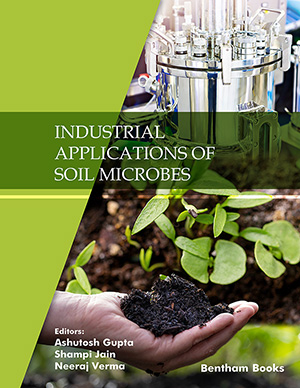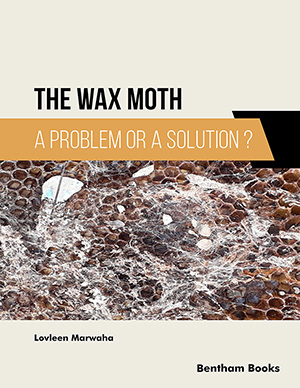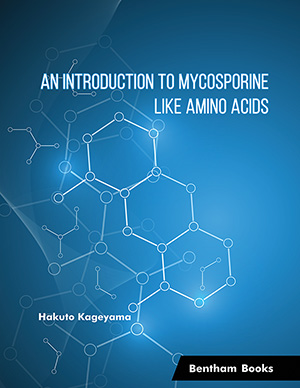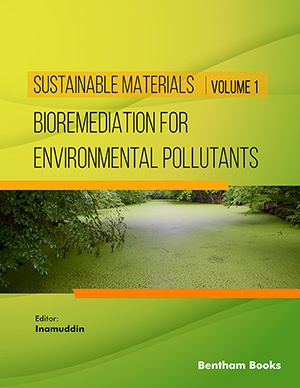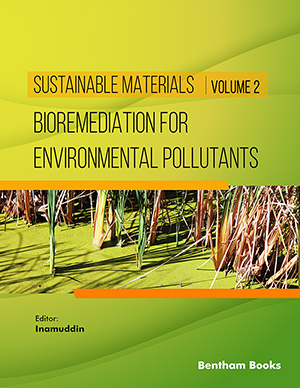Abstract
The multifaceted potential of soil microorganisms is being exploited in
various fields like agriculture, food and cosmetic industries, for the sustainability of the
environment and in the industrial production of useful compounds. On the one hand,
these microorganisms play an essential role in the nutrient cycling of minerals like
phosphorus and nitrogen that are crucial for their survival and sustenance, along with
making the soil fertile by releasing important growth-promoting hormones like
ethylene, auxin, and cytokinin. On the other hand, the potential of soil actinomycetes
like Dactylosporangium, Ampullariella, Actinoplanes, Actinomadura, and
Actinosynnema is being explored extensively for the industrial production of new lifesaving antibiotics. Many of the enzyme producing species like Streptomyces ruber, S.
lividan, and S. rutgersensis are used in supplements for detergents, textiles, animal
additives, paper, and pulp. Xanthomonas produces xanthan gum, which is used to
thicken and stabilize foods and cosmetics. Screening desired microorganisms and
manipulating them to obtain maximum production is a crucial step in industrial
production. Hence, it can be concluded that soil microorganisms are important for
diverse metabolite production useful in agriculture and industry as well as having the
capability to transform recalcitrant compounds to reduce environmental pollution.
Keywords: Soil Microbes, Xanthomonas, Industrial Production, Actinomycetes, Single Cell Protein.


